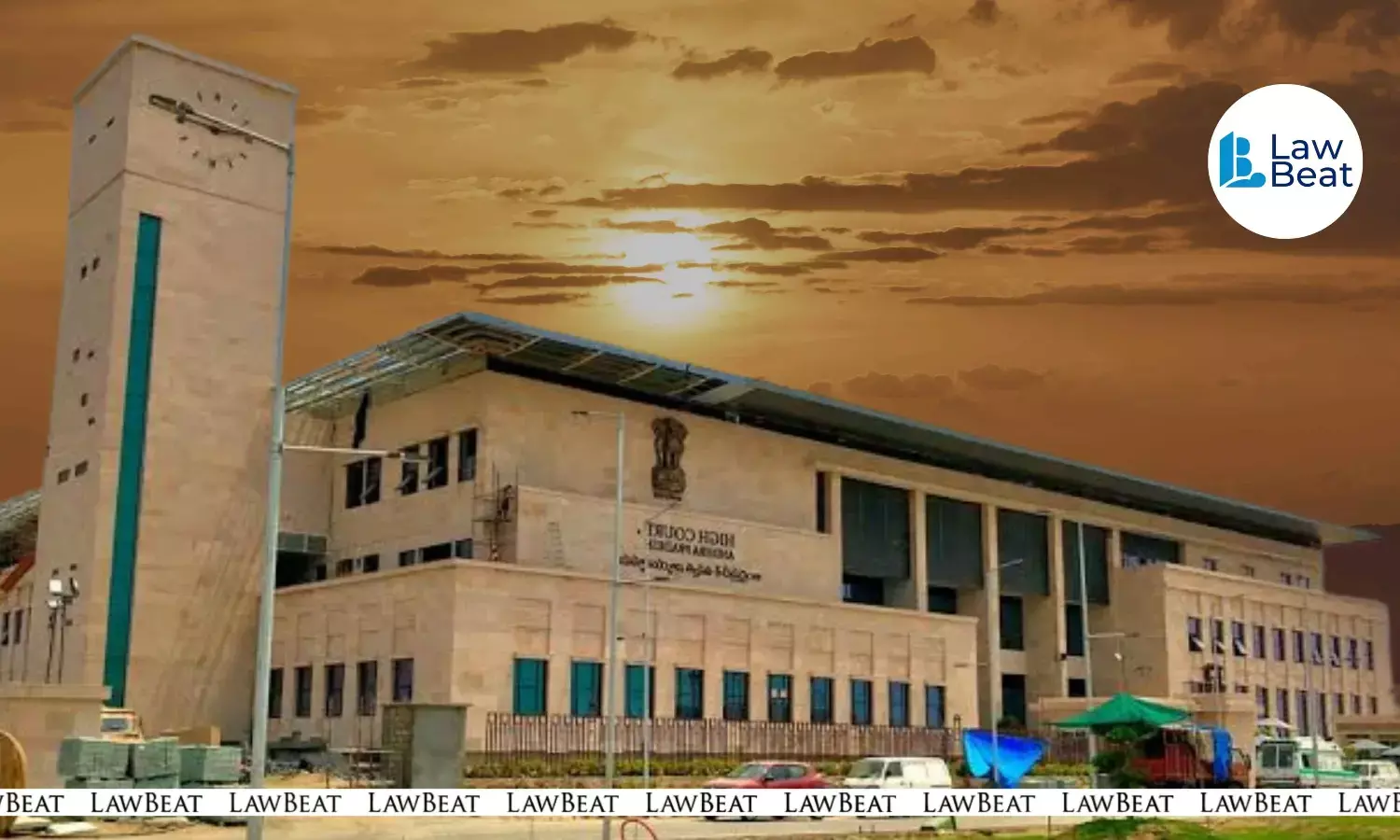SC/ST Status Ends with Conversion to Christianity, Says Andhra Pradesh High Court

The Andhra Pradesh High Court recently observed that a person who converts to Christianity ceases to be a member of Scheduled Castes community as it quashed a 2012 criminal case against a man accused of abusing the complainant in the name of his caste.
The case was lodged under Sections 3(1)(r, 3(1)(s), 3(2)(va) of the Scheduled Castes and Scheduled Tribes (Prevention of Atrocities) Amendment Act, 2015 and Sections 341, 506, 323 of the IPC. The investigation had been completed and the chargesheet had been filed in the case.
The accused approached the high court arguing that the FIR registered under the SC/ST (Prevention of Atrocities) Act was legally unsustainable. His counsel pointed out that the complainant had described himself as a 'Church Pastor' in the complaint, clearly indicating that he had converted to Christianity and was no longer entitled to protections under the Act.
The counsel submitted that the Constitution (Scheduled Castes) Order, 1950 categorically makes it clear that no person who professes religion different from Hinduism shall be deemed to be a member of a Scheduled Caste.
The counsel referred to the judgment in Chinni Appa Rao and others Vs. State of A.P. and Another (2016) where the High Court of Andhra Pradesh held that if a person who does not continue as a Scheduled Caste or Schedule Tribe as on the date of the alleged offence the protection under SC/ST Prevention of Atrocities Act cannot be extended.
On the other hand, the complainant’s counsel argued that the protection under the SC/ST Act could not be denied, as the concerned Tahsildar had certified that the complainant belonged to the Hindu-Madiga caste, a recognised Scheduled Caste. He further contended that there was sufficient material on record against the accused and, since a prima facie case was made out, the matter should proceed to trial for a full examination of facts and evidence.
Moreover, he pressed that the validity of the caste certificate issued by the Tahsildar was a question of fact.
However, the bench of Justice Harinath N rejected the arguments of the complainant's counsel, noting that the complainant had clearly stated he had been working as a 'pastor' for the past ten years— a role that inherently requires a person to be a Christian.
While stressing that "the caste system is alien to Christianity", court held that having converted to Christianity and admitting his role as a Pastor in a Church, the complainant could not invoke the provisions of the Act.
Further, regarding the caste certificate issued by the Tahsildar, court said that mere its non-cancellation could not instill the protection granted under the protective legislation to the complainant.
"The SC ST (Prevention of Atrocities) Act is a protective legislation introduced for preventing atrocities against members of Scheduled Castes and Scheduled Tribes. In the present case, the 2nd respondent has misused the Protective Legislation though he is not entitled to invoke the provisions of the Act," court held.
Furthermore, regarding the allegations of commission of offences under Sections 341, 506 and 323 read with 34 of IPC, court held that other than statement of the complainant, there was no other corroboratingvstatement of any of the witnesses.
Accordingly, court held that a false complaint had been filed and no purpose would be served if the petitioners were relegated to the trial court.
Case Title: Akkala Rami Reddy vs. State of Andhra Pradesh and Another
Download judgment here
